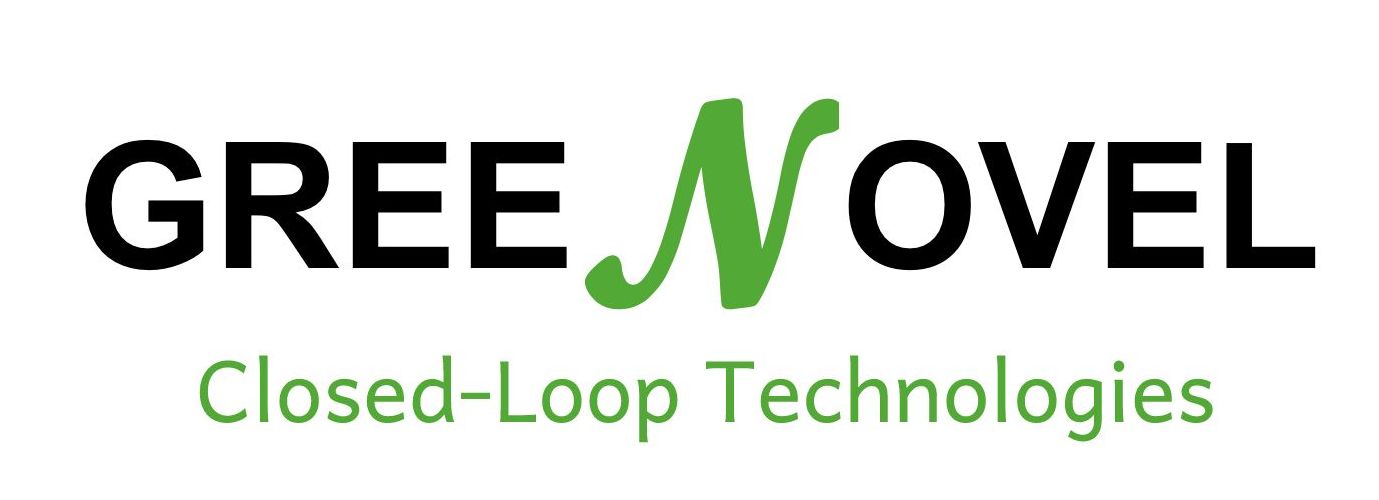MAterial Decontamination
Leading the Charge in Contaminated materials Recycling: GreeNovel's Sustainable Solutions
GreeNovel is at the forefront of contaminated material recycling, such as contaminated plastics, employing state-of-the-art processes to extract a wide range of contaminants from plastic waste, including challenging substances such as brominated flame retardants (BFRs), phthalates, and heavy metals like lead and cadmium.
By utilizing GreeNovel's innovative technology, we ensure that even the most complex plastics can be recycled effectively, reducing environmental pollution and promoting sustainable practices. Our efforts contribute to the circular economy by giving new life to discarded plastic materials, addressing the pressing issue of plastic waste pollution while safeguarding the environment and public health.
Surface Morphology Analysis of Contaminated & Treated Plastics: SEM Imaging
(A) Untreated Contaminated ABS: Images depicting the surface morphology of untreated ABS samples contaminated with various contaminants, i.e., chemicals of concern.
(B, C, and D) Pre-Treated ABS under Various Conditions: Detailed SEM images showcase the surface characteristics of pre-treated plastic feedstock subjected to different conditions, providing insights into the effectiveness of various treatment methods and their impact on the material's structure and composition.
elected Results
| Element of Interest | Treated Material (1) | Treated Material (2) | Treated Material (3) | Treated Material (4) |
|---|---|---|---|---|
| Si | 91 | 91 | 82 | |
| Pb | 100 | 33 | ||
| F | 100 | |||
| Cd | 100 | 100 | 100 | 100 |
| Zn | 79 | 100 | 86 | |
| Ni | 100 | 100 | 100 | 100 |
| Na | 75 | 50 | 100 | 100 |
| Cl | 50 | 50 | 100 | 100 |
| K | 100 | 100 | 100 | 100 |
| Fe | 100 | 100 | ||
| Sb | 16 | 71 | 66 | 97 |
| Br | 50 | 28 | 63 |
Clean Solutions for a Safer Tomorrow
effectiveness of decontaminating selected chemicals
Analyzing the effectiveness of decontaminating various chemicals under different conditions is vital for environmental and public health safety. The table presents the results of selected decontamination runs at different reaction conditions. By examining this data, stakeholders can make informed decisions on decontamination methods, optimizing processes for maximum efficiency. This knowledge enables the development of strategies to mitigate contamination risks and protect ecosystems and human health.
INNOVATIVE MATERIAL DECONTAMINATION IN GRANBY
Greenovel's MATERIAL DECONTAMINATION pilot plan is capable of processing up to 2 million pounds annually.
Advanced Environmental Solutions: Sustainable, Scalable, and Efficient
01
Ambient Decontamination Process: Our process operates under ambient conditions, eliminating the need for excessive energy consumption and allowing for more sustainable operations.
02
Complete Contaminant Recovery: We ensure the full recovery of extracted contaminants, maximizing resource utilization and minimizing waste.
03
100% decontamination Agent Regeneration: Our technology enables the complete regeneration of contamination agents, ensuring their continuous use for treating more materials without loss of effectiveness.
04
Pilot-Scale Operation: With the capability to operate at a fully pilot scale, our technology can be easily tested and scaled up for large-scale applications, providing flexibility and efficiency.
05
Efficient Contaminant Removal: Our process efficiently removes a wide range of contaminants, including challenging substances, ensuring high-quality results and environmental safety.








